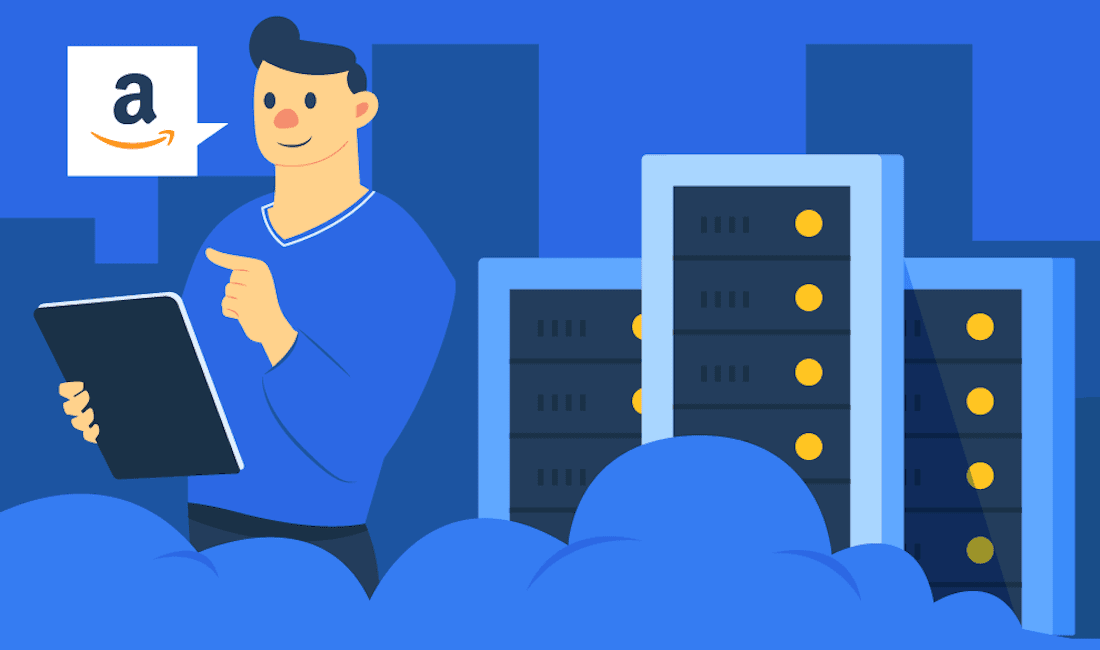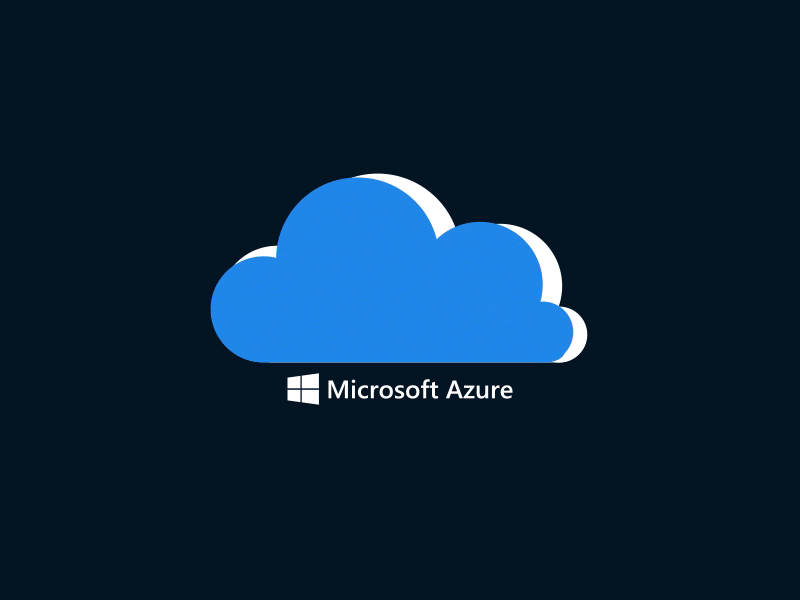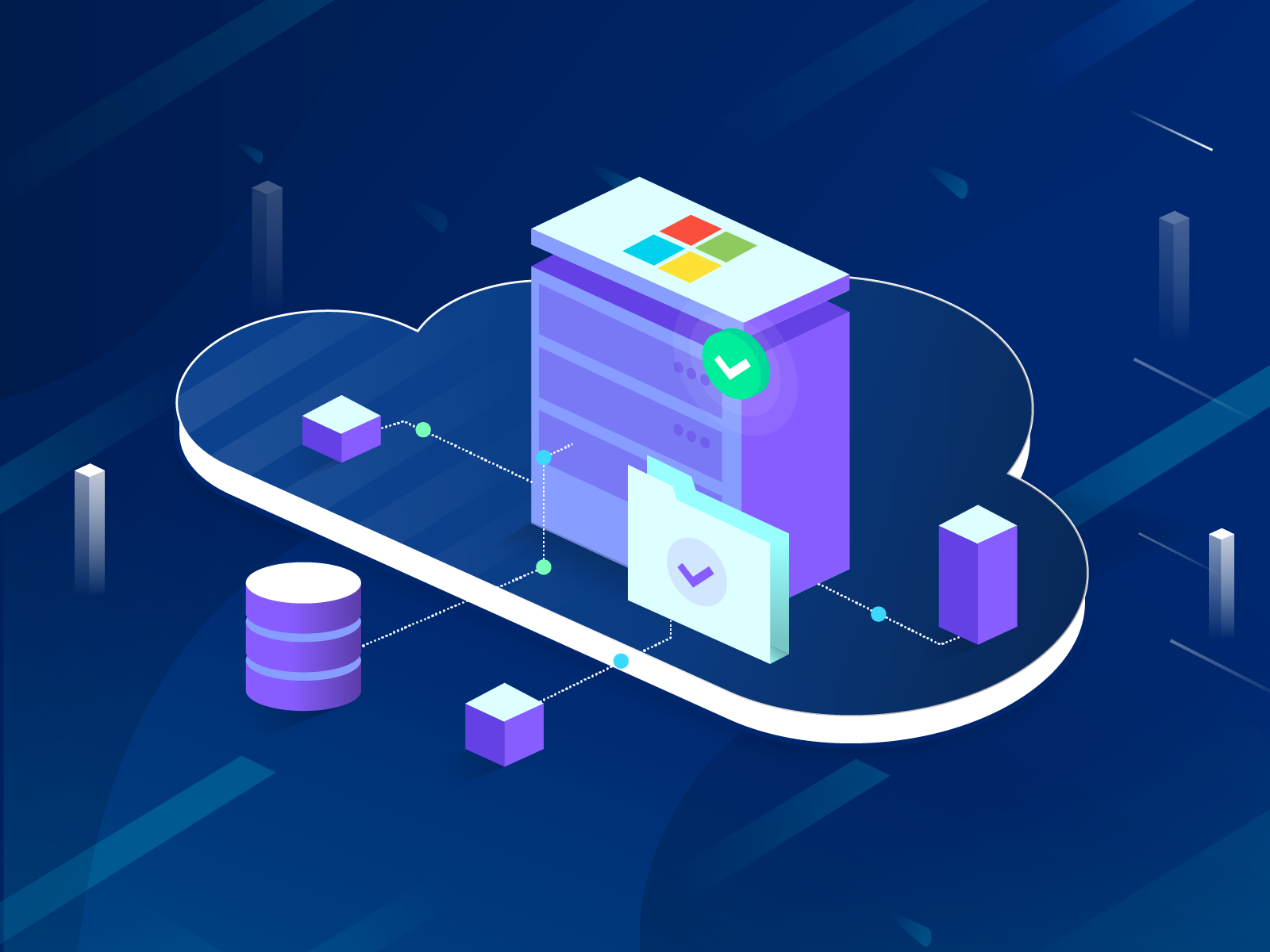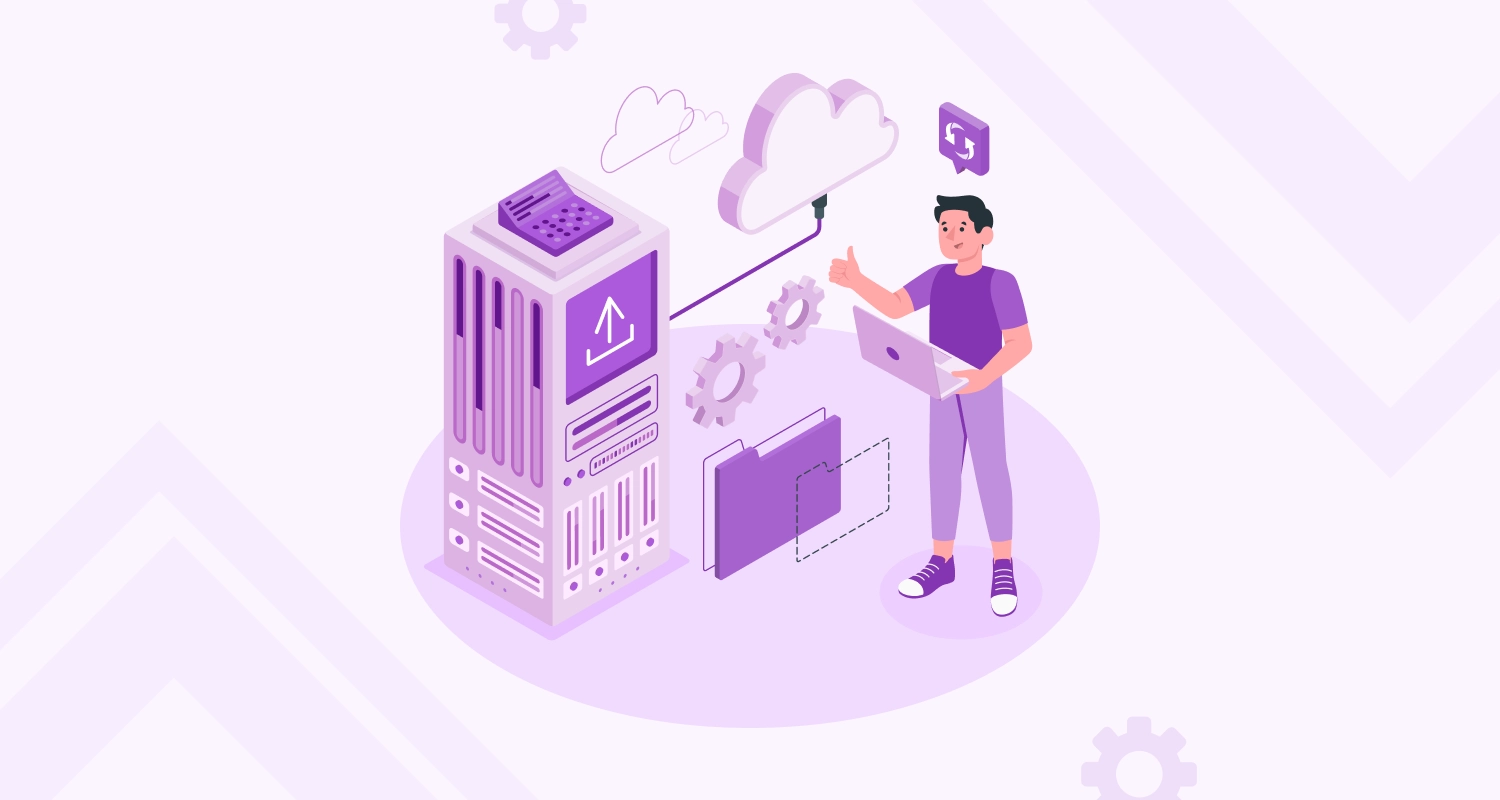The cloud services in the market now reached their optimum popularity. Particularly after the COVID-19 pandemic, remote work and work away from workplaces became the order of the day, and such new work protocols and procedures can largely be credited to cloud services.
At present in the market, there are 3 major cloud service providers, respectively Amazon Web Services (AWS), Microsoft Azure, and Google Cloud. If you want to opt for the best cloud platforms, you are bound to choose any of these three platforms. This is why we are here to present a side by side comparison of these cloud service platforms.
Introducing AWS, Azure, and Google Cloud
Amazon Web Services, Microsoft Azure, and Google Cloud at present are hugely popular across both Platform as a Service (PaaS) and Internet as a Service (IaaS) domains. All three of them are considered leaders in both of these types of domains. To understand the key specialties of each, we need to introduce the first one by one.
Amazon Web Services (AWS)
Amazon Web Services was launched way back in 2006 and at present is available across 76 zones and 24 geographic regions around the globe. In terms of the number of services, AWS offers 160 different services. AWS services are available on-demand and pay-as-you-go basis. As of now among the various cloud service providers, AWS has the largest market share. Way before the other two major cloud services appeared in the market AWS was there and this gave it a clear competitive edge. You can find and hire AWS developers with years of experience behind them.
Let’s Now List Out The Key Pros and cons of AWS services.
AWS Pros:
- As per the Magic Quadrant report of Gartner, AWS leads among IaaS service providers.
- AWS is highly efficient in dealing with objective-driven, complicated work.
- AWS comes with a whole array of customizable services for different market segments including startups, small and medium businesses, and also large enterprises.
- AWS boasts of truly a worldwide presence with its data centers placed across all regions.
AWS Cons:
- Different AWS services offer different cost structures and discounts and this causes unnecessary complexity and confusion in tracking cost.
- AWS often by trying to launch new services faster than competitors end up compromising in respect of quality.
- When AWS is used in data centers of big enterprises, the developers need to deal with a steep learning curve.
Read More: A Comprehensive Guide to Develop a Highly Scalable App Using AWS
Microsoft Azure
Microsoft Azure was launched in 2010 in more than 60 regions and 140 countries in the world. The platform offers more than 600 different services covering all areas of cloud needs in enterprises. Microsoft Azure only serves businesses that use Microsoft data centers. Since several Microsoft applications packaged with Azure already have a large number of subscribers, this gives the company a clear competitive edge. Many of the leading companies around the world including Pixar, Dell, and Xerox use Microsoft Azure for the cloud service needs.
Microsoft Azure Pros
- It is ideal for all businesses already using Microsoft applications and services.
- Azure ensures optimum scalability and provides complete relief from limitations in terms of computing, storage, and memory.
- By utilizing Azure Hybrid Cloud the enterprises can save as much as 40% memory on virtual machines.
Microsoft Azure Cons
- There are complaints about Microsoft Azure in many enterprise settings concerning outrage issues.
- Microsoft Azure is also accused of providing very unsatisfactory customer support.
- Since Microsoft is focused on its large existing customer base, Azure fails to address the concerns of non-Microsoft customers in a proper manner.
Google Cloud
Google Cloud has been launched way back in 2008 and since then it made its service available across 22 regions and 61 zones around the globe. It offers 90 different cloud-based services to its customers. As a comprehensive suite of cloud computing services, Google Cloud is run on Google’s own infrastructure. Google Cloud services cater to the area of cloud computing, storage, data analytics, and machine learning (ML). Many of the leading brands around the globe use Google Cloud services including Forbes, Twitter, Spotify, and several others.
Google Cloud Pros
- The principal benefit of Google Cloud Platform is the use of Google Kubernetes Engine which works like an efficient and scalable container manager.
- Google Cloud allows real-time migrations of virtual machines.
- The platform offers a very flexible and adjustable cost structure because of being open-source.
Google Cloud Cons
- Google Cloud is still not a primary but a secondary service provider for enterprise cloud computing needs.
- According to experts’ opinion in Gartner reviews, Google Cloud is still not mature enough to deal with processes of enterprise accounts.
- Google still stays way behind AWS and Azure in terms of market competition.
Comparing AWS vs Azure vs Google Cloud Services
As we have now a clear idea of the pros and cons of these cloud platforms, let us briefly compare their market share and services.
Market Share
Amazon Web Services still leads the league with the highest market share followed by Microsoft Azure and Google Cloud respectively. While Amazon enjoyed more than 30% market share in the last two quarters, Azure enjoyed slightly around 18% and Google Cloud had 6% market share.
Computing
AWS provides a wide variety of computing engines and services befitting to businesses of all types and sizes. Azure computing also offers a multitude of services but they are mostly limited to loyal Microsoft clients and large enterprises. Google Cloud also offers a variety of professional services but there are fewer customizable computing services.
Pricing
AWS, Azure and Google Cloud have significant differences in respect to pricing. AWS offers a flexible pay-as-you-go pricing approach which means customers need to pay for only the services they use. Apart from this, there are a few basic services that come as free. Microsoft Azure also comes with a pay-as-you-go pricing model and is claimed to be cheaper than AWS. Google Cloud apart from offering the same pay-as-you-go model also makes it easier and cheaper by providing zero up-front cost and zero termination charge.
Storage
AWS offers a wide spectrum of storage services that can flexibly suit every different cloud storage needs across the spectrum. Microsoft Azure equally provides robust storage choices for enterprises. Google Cloud also offers the principal and most sought after storage options.
How to Choose the Right Cloud Service?
Now that the key differences and pros and cons of each cloud service provider are clear to us, we need to know what service suits best for what kind of needs. If you need a wide range of cloud services and tools with optimum flexibility, AWS is the best. If your computer systems and servers mostly run on Windows and if you are already using Microsoft development services, Azure will fit your requirements better. Small startups and web-based enterprises that want to use Google services and machine learning may opt for Google Cloud.
Conclusion
As the differences between the first two cloud services are flimsy, making a choice is difficult. Google Cloud is also picking up the momentum and eventually can appear like a robust platform for enterprises. In any case, before making a choice you must go deeper into the analysis of each service separately.













